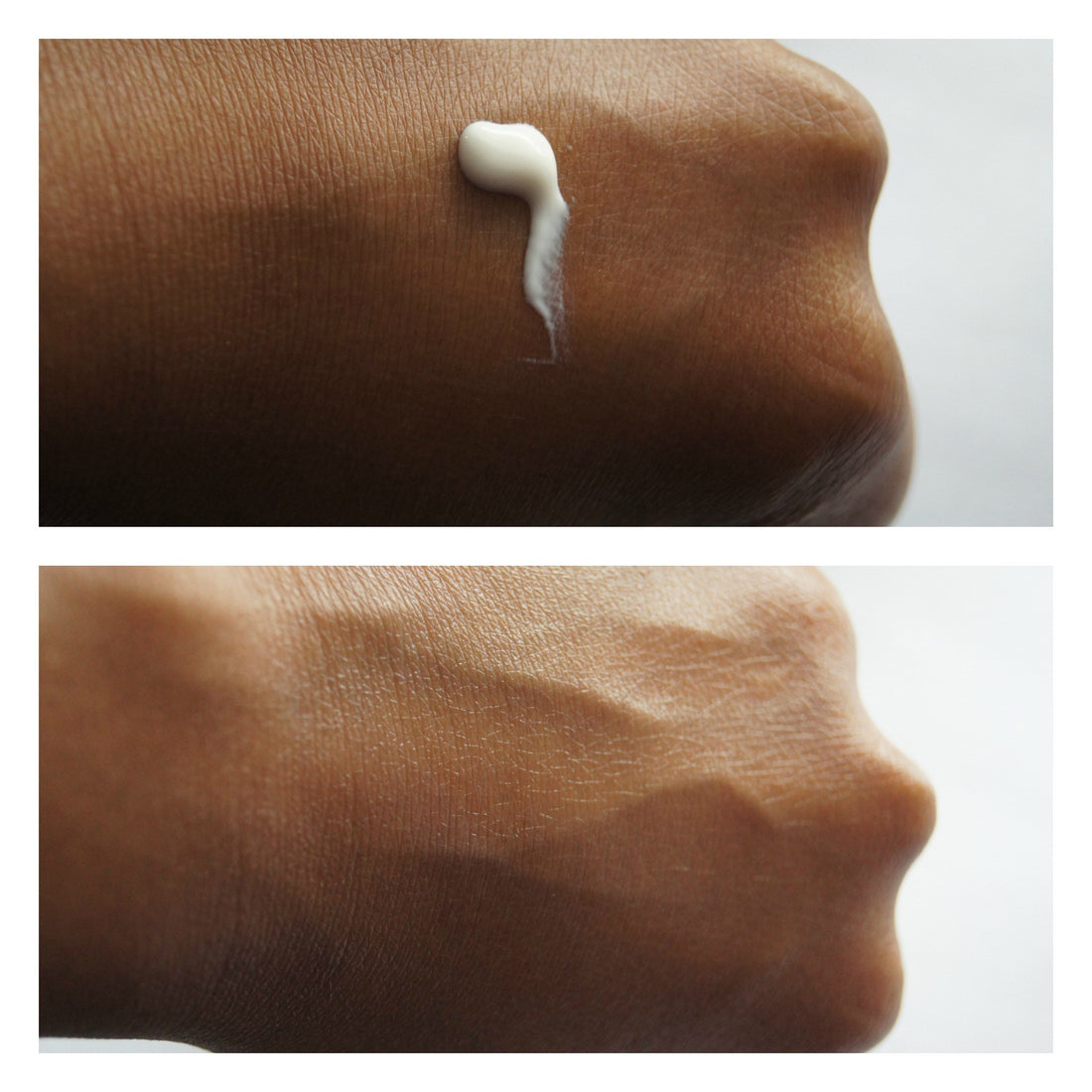What You Need to Know About Retinol

Here’s how to reap the benefits of this powerhouse ingredient
Ask that girl with the gleaming, pore-free skin about her favorite product and she’ll likely tell you that it’s sunscreen. That’s a reasonable, believable answer—and totally the right one! Sunscreen keeps harmful rays from prematurely aging your skin and showing up in the form of fine lines, pigmentation spots. But retinol? That’s the secret ingredient giving her that inimitable glow.
The retinol glow down
“Retinol has been called the “gold standard” ingredient in skin aging because it increases skin cell turnover and stimulates the production of collagen,” says Maicy Dizon, Dermalogica Skin Therapist. “It comes from a family of Vitamin A derivatives called retinoids. This family of ingredients can help increase the formation of collagen in the skin,” says Dizon.
But maybe you’re less concerned with the droop in your skin and improving skin’s elasticity. You might be interested to know that retinol is also incredible at fading hyperpigmentation, boosting your skin’s overall glow, managing breakouts and improving the overall texture of your skin. So really, there are very few people who can’t benefit from using this wonder ingredient (more on that later).
Bounce, bounce baby
By now you’ve likely heard of collagen, the structural protein that keeps skin looking full and taut (think of the texture of a baby’s cheek—it’s collagen overload there), so you know the importance of holding on to every last bit of it. Retinol works to “pause” the enzyme that naturally is responsible for breaking down collagen in our skin, says Dizon.” It is this enzyme that makes the appearance of wrinkles and skin sagging more pronounced.” Bring on all the pausing!
Why Retinol is trending now
Thanks to Instagram and instant everything, there’s a real demand for quick fixes and filter-worthy skin. And thanks to retinol, you can make a small investment in your face that will reverse and prevent future damage (though it won’t happen as quickly as you close that VSCO filter). And while you may think of retinol as a white cream in a prescriptive tube:—“Retinol can sometimes come across as a very intimidating and scary ingredient,” says Dizon—the influx of innovation has driven brands to incorporate the powerhouse ingredient into more desirable formulas, like Dermalogica Retinol Clearing Oil, which combines a retinoid with salicylic acid in a nourishing base of argan, jojoba and rosehip seed oil to clear up skin all in one gentle, easy-to-use formula. All it takes is a few drops (between 6-10) applied to clean skin in the evening. Apply the oil to your face and neck, avoiding the area around your eyes.
Patience, patience
Retinol, while a wonder of an ingredient, can irritate skin if used too quickly or improperly (perhaps where it’s intimidating reputation came from). Your skin needs to acclimate to before you start to reap the rewards (aka, that #flawless skin). To ensure this, make sure to speak with a skin therapist before you start to use it, especially if you have sensitive skin. “I usually get my clients to start off by using their retinol every 2-3 days for two weeks, then gradually working towards using it every night,” says Dizon. What happens before you see the improvement in your skin? You might see some flaking and redness, so make sure to nourish skin with an appropriate moisturizer and resist that oh so tempting urge to pick at the flaky bits.
You should start to see results in 8-12 weeks, depending on the state of your skin before you started using retinol. Dizon recommends snapping a photo before you start, as “these can come in handy when tracking those easy to miss signs of aging, like fine lines and pigmentation spots. I usually encourage my clients to do so monthly so they can better track their skin's progress. Retinol is one of those products that takes time to work and see results,” says Dizon. “Patience pays off!”
And with patience comes clear and glowing skin, which just about everyone can benefit from, with the exception of women with sensitive skin, or those who are pregnant or breastfeeding. There may be potential side effects for the baby, so it’s best to steer clear until you’ve stopped nursing. For those with sensitive skin, a Skin Therapist can work with you to prep your skin so it’s ready to tolerate the use of retinol, says Dizon.
So next time you’re trying to remember what retinol does for your skin, remember this quote from Dizon. “I think the better question is, “what can’t retinol do for your skin?”


